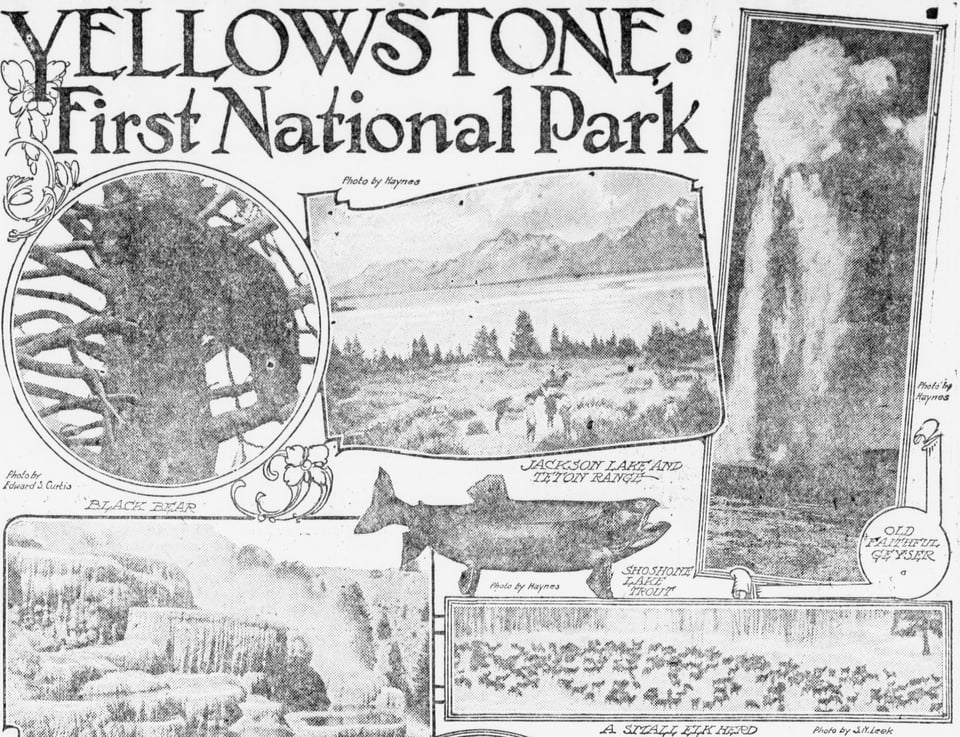The Roundup: Public Lands, Farms, and Far Right

Following up on the last newsletter, the House Rules Committee removed an amendment in the Republican budget bill aimed at selling public lands. While the bill has moved to the Senate, it’s possible this will be brought up again. In any case, this won't be the last fight over the public lands.
Here’s a roundup of some writing about the Northern Plains that intersect with things I'm writing about.
Congress almost sold off 500,000 acres of Western public lands. What could that mean for Colorado?
The majority of federal public land in Colorado is managed by three agencies: 16 million acres managed by the U.S. Forest Service, 8.3 million acres managed by the Bureau of Land Management and about 456,000 acres managed by the National Park Service. The lands include iconic landscapes such as the Maroon Bells, Rocky Mountain National Park and the Browns Canyon National Monument.
Less than a quarter of voters in the Rocky Mountain West support selling federal public lands for housing, according to a 2025 survey of 3,316 voters across eight Rocky Mountain states conducted by Colorado College. In Colorado, only 10% of survey respondents supported the idea. Nearly 90% of survey respondents visited federal public lands at least once a year, the survey found.
Why public lands should stay public and protected
Federal management of the public lands thus came about as a consequence of the relentless pursuit of wealth that devastated so many ancient American ecosystems. As early scientist George Perkins Marsh argued, “Man is everywhere a disturbing agent. Wherever he plants his foot, the harmonies of nature are turned to discords.”
By 1900, the myth of inexhaustibly gave way to the reality of diminished forests, waterways and wildlife populations. Unfettered capitalism, it turned out, caused real environmental harm.
Remote Wyoming vacation lodge emerges as haven for US ‘dissident’ right
A vacation lodge known as the Wagon Box Inn in the tiny town of Story, Wyoming, has emerged as an unlikely hub of rightwing ambitions to reorient US politics and culture.
Events held there since it opened, and others planned for this spring, have brought together figures from the so-called “dissident right”, political figures backed by reactionary currents in Silicon Valley, and proponents of the “network state” movement.
The dissident right is a term that describes rightwing intellectual currents that go beyond and even attack mainstream conservatives for their perceived concessions to liberals on issues like race, feminism and LGBTQ+ rights. Network state proponents envision a network of extra-national communities that exist beyond the control of nation-states.
When Trump Was the One Taking Land From Farmers
At the root of Trump’s claims of discrimination is a law Ramaphosa signed this year that allows the government to seize privately held land — without providing compensation — when it’s in the public interest. The law is part of the South African government’s efforts to chip away at the racial inequities shaped by decades of apartheid rule.
Legal experts say the seizures are likely to be rare. And the law provides for judicial review, giving property owners an opportunity to challenge any effort to take their land. That has not stopped Trump from falsely accusing South Africa of “confiscating land” as he cut off foreign aid to the nation this year.
But Trump himself used government-sanctioned land grabs in recent years to build his promised wall along the United States-Mexico border, albeit through a system that works differently from South Africa’s.
“Take the land,” Trump told his aides in 2019, as he pushed them to accelerate construction — years before he would accuse the African National Congress of confiscating land.